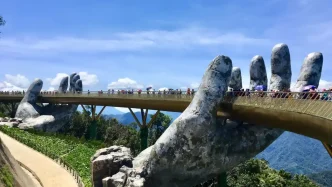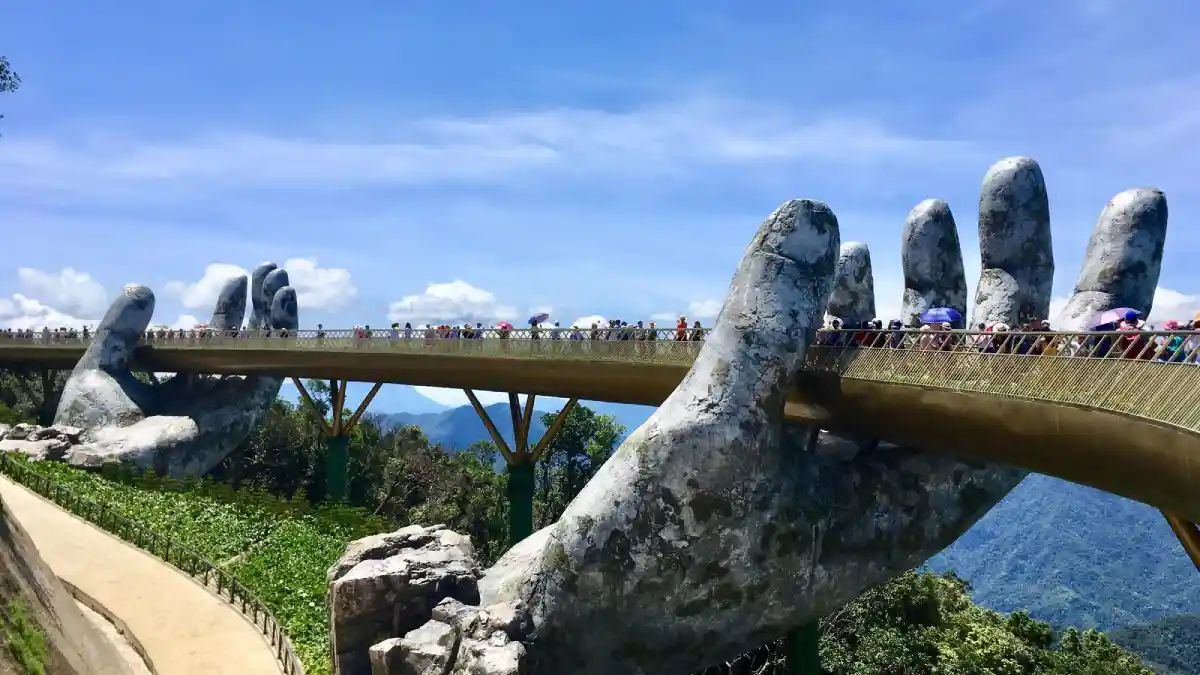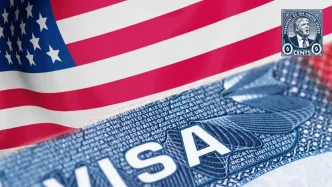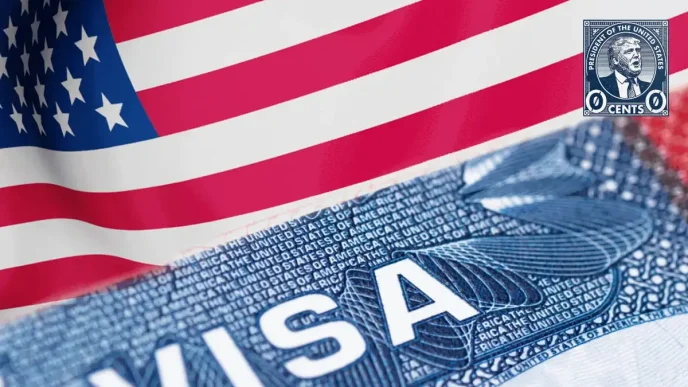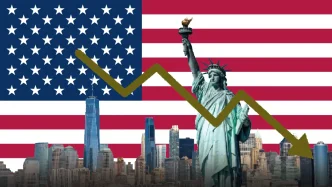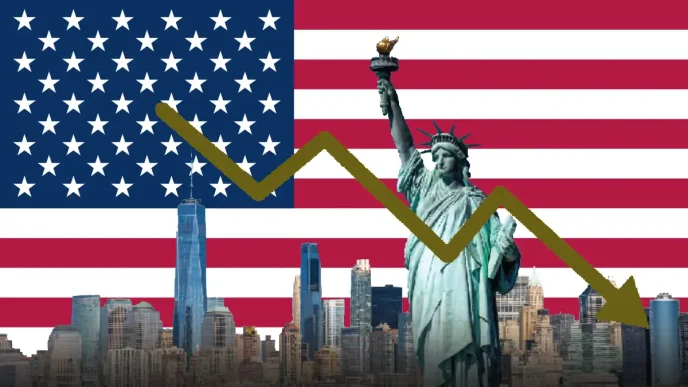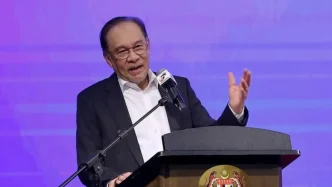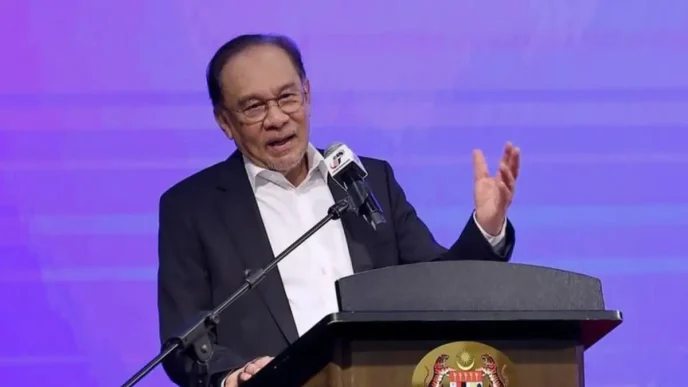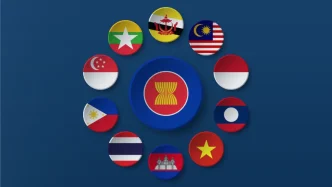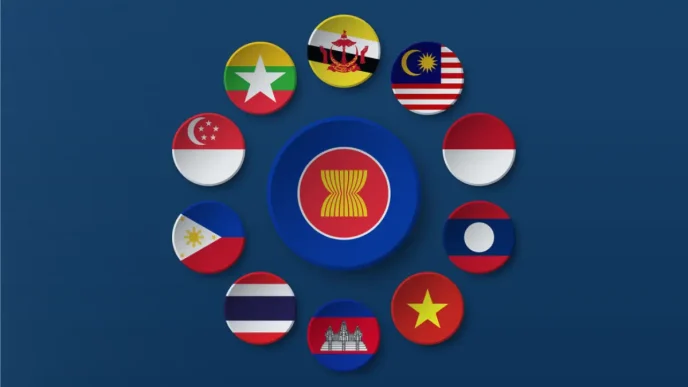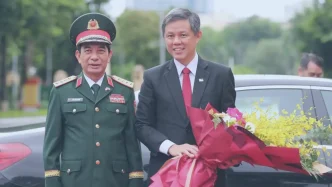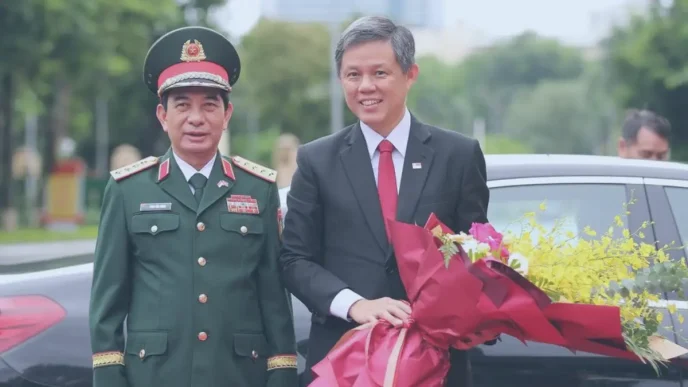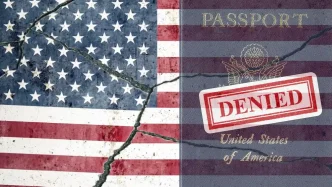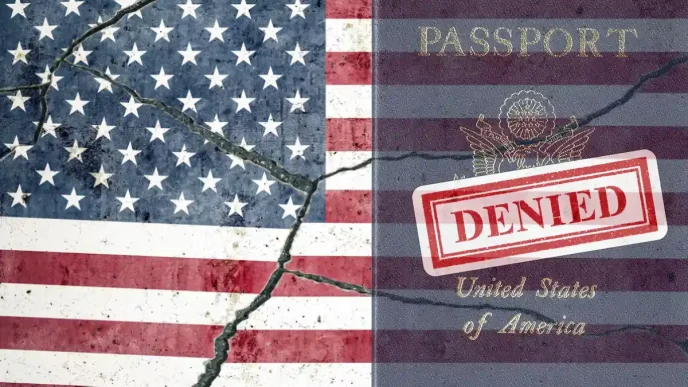In a bold move to bolster its socio-economic growth, Vietnam is considering a groundbreaking policy to grant special long-term visa exemptions of up to five years to select foreign nationals deemed vital to the country’s development. This proposal, outlined in a draft decree by the Ministry of Public Security, aims to attract high-caliber individuals from diverse fields such as technology, science, medicine, culture, and sports, signaling Vietnam’s ambition to position itself as a hub for global talent.
A Strategic Shift in Immigration Policy
The draft decree, currently under review by the Ministry of Justice, seeks to fill critical gaps in Vietnam’s existing Immigration Law, which currently lacks provisions for extended visa waivers for exceptional foreign individuals. Under the proposed policy, eligible foreigners would receive a special visa exemption card valid for up to five years, provided their passports remain valid for at least 30 days beyond the exemption period. Each entry into Vietnam would allow a temporary residence of 90 days—a significant departure from current regulations, which typically limit visa-free stays to a maximum of 45 days for citizens of a select few countries.
This policy is designed to facilitate longer stays for foreign contributors without the burden of frequent visa renewals. For cards with less than 90 days of validity remaining, the temporary residence period would align with the card’s duration. Additionally, beneficiaries could also apply for visas, temporary residence cards, and extensions under existing immigration laws, and even request an electronic identification (eID) account to streamline their integration into Vietnam’s digital infrastructure.
Who Qualifies for the Exemption?
The Ministry of Public Security has outlined specific categories of foreign nationals eligible for this preferential treatment. These include guests invited by senior leaders of the Communist Party of Vietnam (CPV), the State, or the Government; chief executive officers, experts, scientists, university professors, researchers, engineers, and high-quality IT personnel. Investors and leaders of multinational corporations or large global enterprises with notable contributions to Vietnam’s economic landscape are also prioritized.
Other eligible groups encompass individuals in culture, arts, sports, and tourism who wield positive public influence; honorary consuls of Vietnam abroad; and guests invited by major research institutions, universities, or large enterprises. The policy also extends to Vietnam’s tourism ambassadors abroad and content creators with over one million social media followers who specialize in promoting Vietnamese culture, tourism, cuisine, traditional crafts, and indigenous heritage. However, such creators must present a specific content plan, secure endorsements from relevant Vietnamese authorities, and have no record of public statements or actions that could harm Vietnam’s reputation.
Eligibility criteria are meticulously detailed to ensure only high-value contributors qualify. For instance, investors and corporate executives must be affiliated with the world’s top 100 companies by market capitalization, as ranked by internationally recognized organizations. Experts and researchers in fields like STEM, economics, management, business administration, medicine, or health sciences must hold doctoral degrees and be invited to participate in seminars, lectures, or joint research with Vietnamese institutions. Additionally, nationals of OECD countries are given priority in certain categories, reflecting Vietnam’s focus on attracting talent from developed economies.
In the realm of science and technology, eligible individuals include engineers and scientists who have received prestigious international awards or demonstrated outstanding achievements through high-impact publications, patents, or technology transfers. Medical scientists with international honors and chief engineers meeting criteria under Vietnam’s laws on science, technology, and national defense are also included. Digital technology professionals must comply with standards set by relevant Vietnamese legislation.
The cultural and sports sectors are not overlooked. Artists, filmmakers, directors, actors, musicians, and athletes with international accolades or widespread recognition qualify for the exemption. This includes footballers honored by the Asian Football Confederation (AFC) or FIFA, as well as Olympic, Paralympic, ASIAD, or Asian Para Games medalists. Coaches, referees, and members of foreign sports delegations attending regional or international competitions hosted in Vietnam are also covered, alongside experts, scholars, and critics in arts and tourism.
Driving Vietnam’s Strategic Priorities
The proposed visa exemption policy is a cornerstone of Vietnam’s broader strategy to advance key sectors such as semiconductors, digital technology, science, and creative industries. By easing immigration barriers, the government hopes to attract individuals capable of driving innovation and economic growth. This move coincides with major national investments aimed at transforming Vietnam into a regional tech and finance hub. Ho Chi Minh City is spearheading a $13 billion redevelopment of Thu Thiem to become an international financial center, while Da Nang is similarly planning a financial services and digital economy zone. These projects require deep pools of foreign expertise, from fintech engineers to policy advisors, further underscoring the need for long-term immigration incentives. This aligns with Vietnam’s ongoing efforts to transform into a knowledge-based economy, leveraging global expertise to accelerate development in high-priority areas.
For instance, the inclusion of high-quality IT personnel and digital technology experts reflects Vietnam’s push to become a regional leader in technology and innovation. Similarly, the focus on medical scientists and researchers underscores the country’s commitment to improving healthcare infrastructure and capacity—a priority highlighted by initiatives such as the recent emergency treatment training offered by a US-based Mayo Clinic expert to medical staff at Da Nang Hospital in April 2025. Vietnam’s Ministry of Health has emphasized attracting international partnerships in fields like oncology and emergency medicine, and recent public-private collaborations—including training initiatives from the U.S.-based Mayo Clinic and Harvard-affiliated groups—demonstrate growing demand for top-tier foreign medical expertise. While not directly tied to the visa policy, such collaborations exemplify the kind of international expertise Vietnam seeks to attract and retain through legislative reforms.
Moreover, the emphasis on cultural and sports figures indicates an intent to boost Vietnam’s soft power. By inviting internationally recognized artists, athletes, and content creators, the government aims to enhance its global image and promote tourism—a vital sector for economic diversification. The requirement for content creators to have significant social media followings and specific plans to showcase Vietnamese heritage illustrates a targeted approach to digital diplomacy and cultural promotion.
Balancing Openness with Oversight
While the policy signals a progressive shift toward openness, it is not without stringent oversight. The detailed eligibility criteria and the requirement for endorsements from Vietnamese authorities ensure that only individuals aligned with national interests benefit from the exemption. The condition that content creators must not have made statements detrimental to Vietnam’s reputation highlights the government’s cautious approach to managing public narratives, especially in the digital sphere where influence can be far-reaching.
This balance between attracting talent and maintaining control is emblematic of Vietnam’s broader governance model, which prioritizes stability and alignment with state objectives. The provision for eID accounts, for instance, suggests an intent to integrate foreign contributors into Vietnam’s digital systems, potentially facilitating closer monitoring and engagement with local regulations.
Regional and Global Implications
If enacted, this policy could position Vietnam as a competitive destination for global talent in Southeast Asia, rivaling countries like Singapore and Malaysia, which have long implemented similar schemes to attract skilled professionals and investors. Singapore, for instance, offers various long-term passes for high-net-worth individuals and tech entrepreneurs, while Malaysia’s My Second Home program targets retirees and investors with extended residency options. Vietnam’s proposed 90-day temporary residence per entry, coupled with a five-year exemption card, offers a comparable—if not more flexible—framework for sustained engagement.
Unlike Singapore’s Tech.Pass or Malaysia’s Malaysia Digital Nomad Visa, which often have sector-specific or income-based thresholds, Vietnam’s proposal includes broader categories such as content creators and arts professionals—indicating a more diversified strategy to attract global talent across cultural and scientific domains.
However, the success of the policy will hinge on its implementation and the clarity of its criteria. Ambiguities in defining “outstanding achievements” or “positive public influence” could lead to inconsistent application, potentially deterring some candidates. Additionally, Vietnam must ensure that its infrastructure—ranging from bureaucratic processes to digital systems—can support an influx of foreign talent without straining resources or creating public backlash over perceived favoritism.
Globally, the policy reflects a growing trend among emerging economies to relax immigration barriers for strategic human capital. Countries like India and Indonesia have introduced similar initiatives to attract tech talent and investors, recognizing the role of global expertise in driving innovation. Vietnam’s proposal, with its broad scope covering STEM, culture, and sports, positions it at the forefront of this movement, potentially setting a precedent for other nations in the region.
Looking Ahead
As the draft decree undergoes review, its final form and impact remain to be seen. If implemented effectively, it could mark a transformative step in Vietnam’s journey toward becoming a regional powerhouse, leveraging global talent to fuel its ambitions. Vietnam’s recent legislative shifts—including digital economy strategies, foreign investment liberalization, and major infrastructure plans under its National Master Plan 2021–2030—demonstrate a coordinated effort to create the conditions necessary for global talent to integrate and contribute effectively.
Yet, the government must navigate the delicate balance of openness and control, ensuring that the policy serves national interests without compromising cultural or political cohesion.
For now, the proposal stands as a testament to Vietnam’s forward-thinking approach, inviting the world’s brightest minds and most influential figures to contribute to its future. Whether this vision translates into tangible outcomes will depend on the policy’s execution and Vietnam’s ability to create an environment where international talent can thrive.

